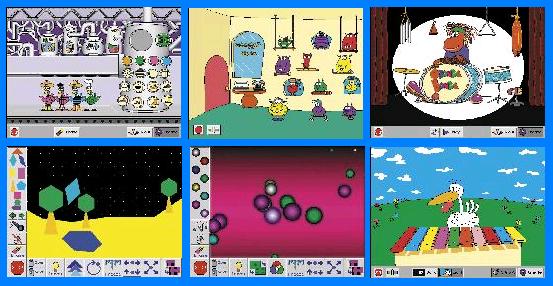

In these cases, as with ta and da, people fall on one side or the other of the categorical dividing line, and they’re practically willing to stake their lives on the idea that their perception is “right.” Or the dress that people see as either black-and-blue or white-and-gold. Think of the audio clip of the word that people hear as either Yanni or Laurel. People have had a lot of fun on the internet recently with the tricks our either-or minds play on us. If the other person’s time is 35 milliseconds, you’ll hear da. If one person’s voice onset time is 45 milliseconds, you’ll hear ta. If their times fall on opposite sides of the divide, however, a difference of just 10 milliseconds can be transformative.


One person’s time might be 80 milliseconds, and the other’s might be only 50 milliseconds, but in both cases you’ll hear ta. If two speakers fall on the same side of the 40-millisecond dividing line, it doesn’t matter if their voice onset times differ dramatically. What’s amazing is that you never hear anything other than ta or da. If it’s less than 40 milliseconds, they’ll hear da. If that time is greater than roughly 40 milliseconds, English-speakers will hear ta. It’s the “voice onset time”-the time between when you start moving your tongue and when you start vibrating your vocal cords. It’s not what’s happening in your mouth that makes these sounds different. Now repeat the sounds, in each case paying attention to how you’re making them in your mouth. In the years ahead, companies will have to focus attention on how best to mitigate those consequences. When we categorize, we compress category members, treating them as more alike than they are we amplify differences between members of different categories we discriminate, favoring certain categories over others and we fossilize, treating the categorical structure we’ve imposed as static. Categorical thinking, the authors argue, creates four dangerous consequences. That warps our view of the world and harms our ability to make sound decisions-a phenomenon that should be of special concern to any business that relies on data collection and analysis for decision making. But according to the authors, categorization comes so naturally to us that we often see categories where none exist. That’s how we make sense of the world and communicate our ideas to others. YOUR BRAIN ON.Human beings are categorization machines, taking in voluminous amounts of messy data and then simplifying and structuring it. Just remember: Self-talk is not only completely normal, but can also be beneficial in the long run - and it may just help you find your keys.
#Thinkin things 1 browers free#
showing up for ourselves and being the friend we need.”įeeling free enough to wholly engage in talking to yourself may take some time, especially since there tends to be a stigma attached to the practice. Nicolosi adds, “Self-talk should be thought of as a healthy way of giving ourselves the support we need to get through a moment. In other words, there’s a reason you’re feeling compelled to talk out loud, so be sure to also listen to what you’re saying, too.ĭr. “Self-listening, otherwise known as self-awareness, is a primary factor in offering feedback for self-efficacy.” Don’t forget to listen: “It’s important to note that is a two-part process: the talking and the listening,” says Dr.


 0 kommentar(er)
0 kommentar(er)
